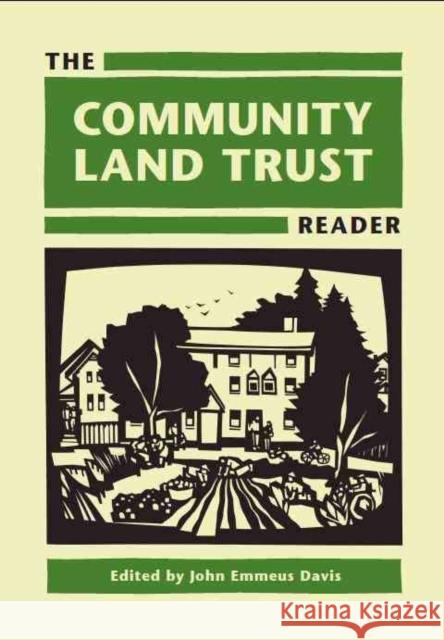The Community Land Trust Reader » książka
The Community Land Trust Reader
ISBN-13: 9781558442054 / Angielski / Twarda / 2010 / 616 str.
The community land trust is an innovative form of tenure that combines common ownership of land with individual ownership of any buildings that are located upon that land. It first appeared in the United States forty years ago. An outgrowth of the southern Civil Rights Movement, the community land trust (CLT) was conceived originally as a mechanism for African-American farmers to gain access to agricultural land. It soon found many other uses, including affordable housing and neighborhood revitalization. It soon spread to urban, suburban, and rural communities throughout the country. There are now over 200 CLTs in 44 states and the District of Columbia. They are appearing in other countries as well, with CLTs being developed in Canada, England, Scotland, and Australia.
The Community Land Trust Reader brings together for the first time the seminal texts that inspired and defined the CLT. Selections trace the intellectual origins of an eclectic model of tenure that was shaped by the social theories of Henry George, Ebenezer Howard, Ralph Borsodi, and Arthur Morgan and by social experiments like the Garden Cities of England and the Gramdan villages of India. The Reader does not look only to the past, however. Many of its 46 essays and excerpts examine contemporary applications of the CLT in promoting homeownership, spurring community development, protecting public investment, and capturing land gains for the common good. The Reader also looks ahead to challenges and opportunities likely to affect the future development of CLTs, here and abroad.










